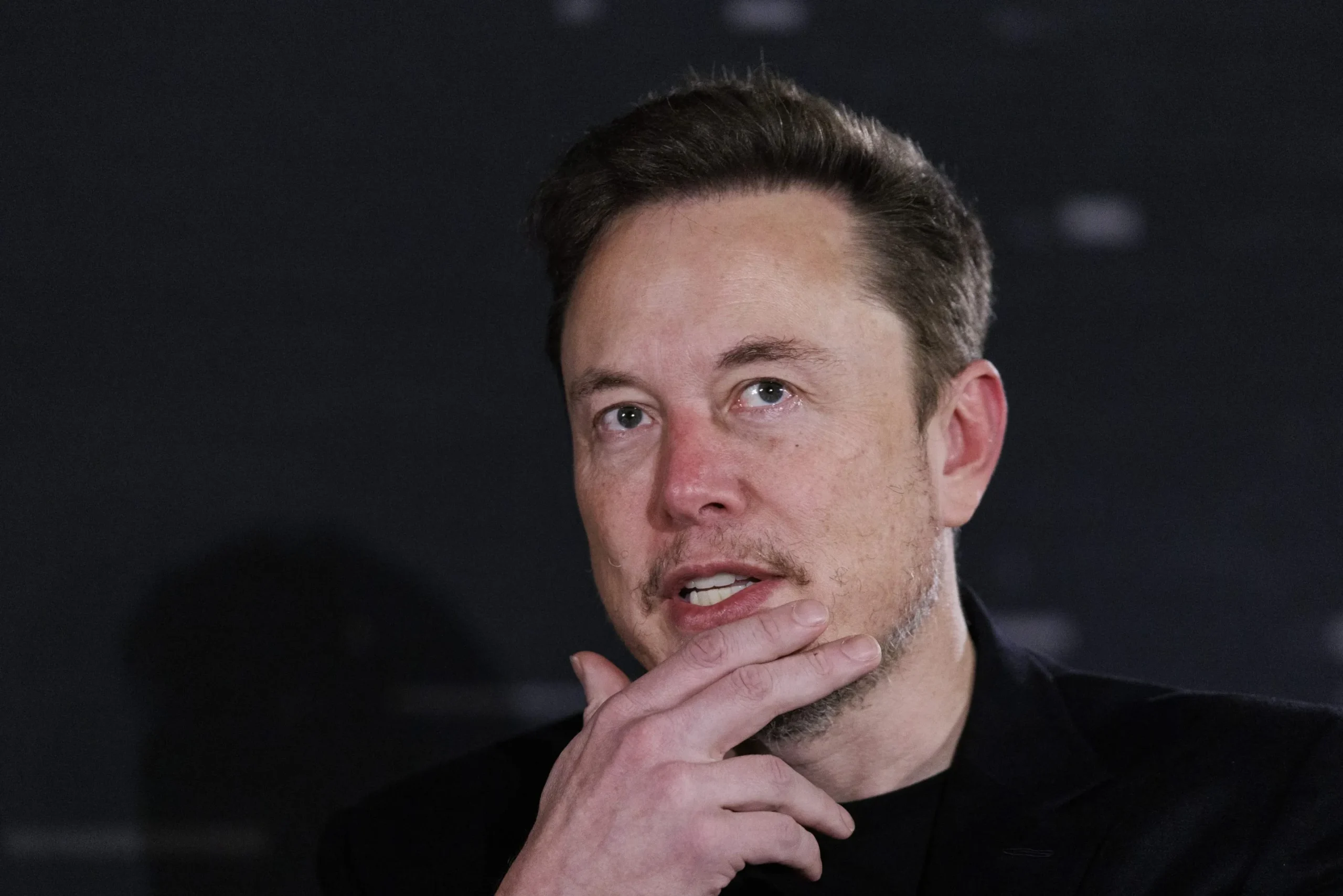In a groundbreaking legal move, Elon Musk has filed a lawsuit against OpenAI and its CEO Sam Altman. The suit alleges that OpenAI’s partnership with Microsoft breaches its original mission, prioritizing profit over humanity. This lawsuit marks a significant moment in the tech world, reflecting deeper concerns about the direction and control of artificial intelligence development.
Key Highlights:
- Elon Musk sues OpenAI and CEO Sam Altman.
- Allegations focus on prioritizing profit through the Microsoft partnership, deviating from the founding principles.
- Musk and Altman, once collaborators, now find themselves in a public and legal dispute.
Elon Musk and OpenAI, including Sam Altman, is deeply rooted in diverging visions for AI’s development and its societal implications. Musk’s legal challenge against OpenAI underscores a significant ideological split, emphasizing the potential risks AI technology poses when driven by profit motives. This lawsuit is not just a personal feud but highlights a broader debate within the tech community about the ethical development and deployment of AI technologies. The outcome could set precedents for how AI organizations balance commercial interests with their societal responsibilities. For more detailed information on the topic, it’s advisable to follow reputable news sources and legal analyses as the case progresses.
A History of Collaboration and Conflict
OpenAI was founded in 2015 by Elon Musk, Sam Altman, and other prominent figures in the tech industry with the goal of advancing digital intelligence in ways most beneficial to humanity. However, the relationship between Musk and OpenAI, particularly with Altman, has grown contentious over the years. Musk, who stepped down from OpenAI’s board in 2018 citing potential conflicts of interest, has frequently voiced his concerns over the organization’s direction and its partnership with Microsoft.
Founding Vision vs. Current Path
OpenAI, co-founded by Musk and Altman among others, was initially established as a non-profit aimed at benefiting humanity through AI. The organization’s pivot towards commercial partnerships, especially with Microsoft, has raised questions about its adherence to its original altruistic goals.
The Evolution of a Feud
The relationship between Musk and Altman has transformed over the years, from co-founders to competitors. Musk’s departure from OpenAI in 2018 signaled the beginning of diverging paths, fueled by disagreements over the organization’s direction and focus on AI development. Since then, public exchanges have highlighted the tension between the two, reflecting broader debates over AI’s future.
Musk’s Concerns and Actions
Musk’s criticisms of OpenAI have been consistent, especially regarding AI’s potential risks to society. His lawsuit can be seen as an extension of these concerns, challenging the organization’s shift towards profit-driven operations. This legal action underscores Musk’s ongoing involvement and investment in AI, despite his separation from OpenAI.
A Divisive Future for AI?
The lawsuit against OpenAI and Sam Altman by Elon Musk brings to light critical questions about the ethics, governance, and future of AI development. As these technologies become more integrated into societal fabric, the balance between innovation, profit, and ethical responsibility remains a contentious and evolving debate.
The ongoing legal battle between Musk and OpenAI reflects deeper tensions in the tech industry regarding the future of AI. As this lawsuit unfolds, it serves as a reminder of the complex ethical considerations that must guide the development and deployment of artificial intelligence technologies. The outcome of this case could have far-reaching implications for how AI organizations operate and balance profit motives with their stated missions to benefit humanity.



















